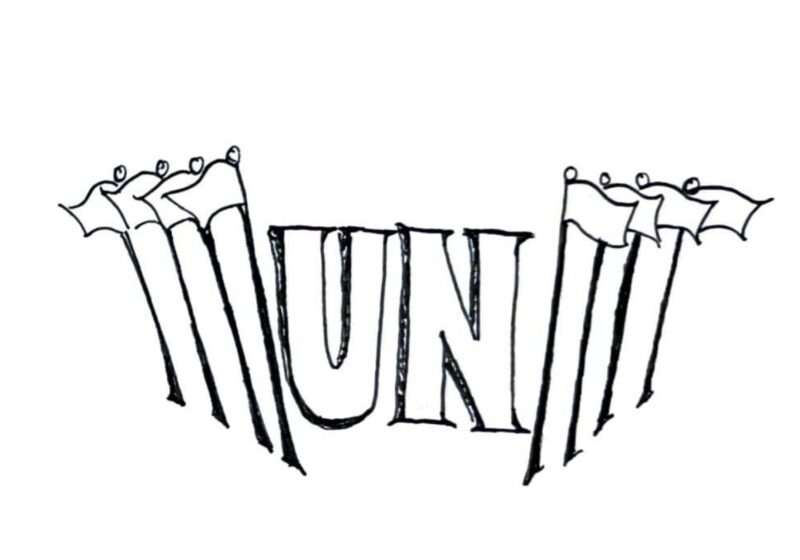How will the war in Iraq be viewed in ten, twenty or fifty years? Will our children’s history books tell of the enlightening powers of a determined democracy or of a foolishly naive era of enthusiastic hubris? Will our generation be known as the Edisons of globalization or the Quixotes of foreign policy?
To be sure, we are fighting no ordinary war. In fact, you must look far to learn we are waging any war at all. When is the last time you heard of a clothing drive to help Iraqi children, or war bonds to pay for our military?
Our government and national leaders speak of our “war” as if it were a goodwill mission to a foreign planet and insist we live as though we didn’t realize our fellow citizens are killing, and being killed, half-way around the world.
To be fair, perhaps our politicians are not to blame. Since the rise of radical, often militant individualism, the end of assimilation as a national priority and the end of the Cold War, the language of shared-sacrifice and civic duty have all but disappeared. I challenge you to define a value that a majority of the nation today would agree is worth dying for.
A symptom of this cultural attitude is the growing disconnect with and marginalization of the military. After nearly joining the military myself by attending Marine Corps Officer Candidate School, I can hardly imagine a more surprised reaction by many than if I had instead joined al-Qaeda. A soldier who recently returned from Iraq, when he saw the smiling carefree Americans on city street cafes, said he wanted to punch them in the face to make them realize that their country is at war.
Considering this national state of denial, it is not hard to understand fools like Cindy Sheehan, calling for immediate and complete withdrawal of American troops from Iraq.
Despite the evidence that Iraq would descend into chaos and openly recruit and harbor some of the worst enemies our country has ever known, little from life as an ordinary American citizen seems to justify the current rate of casualties. In an odd dichotomy, our government believes this war is worth fighting, but does not think – perhaps accurately – that the American people can accept its reality.
The success of this nation’s efforts will not be revealed until after our cards have all been played, despite the readiness of partisans on all sides to extrapolate conclusions.
Indeed, in today’s political climate, it is not hard to break down anyone’s opinions of the war to Howard Dean liberalism or George Bush neo-conservatism. It’s hard to know when the stakes got so high, but there is only room enough for one in “history’s unmarked grave of discarded lies,” and oddly enough that may be the one truth we can all agree on.
Cook can be reached at acook@campustimes.org.




